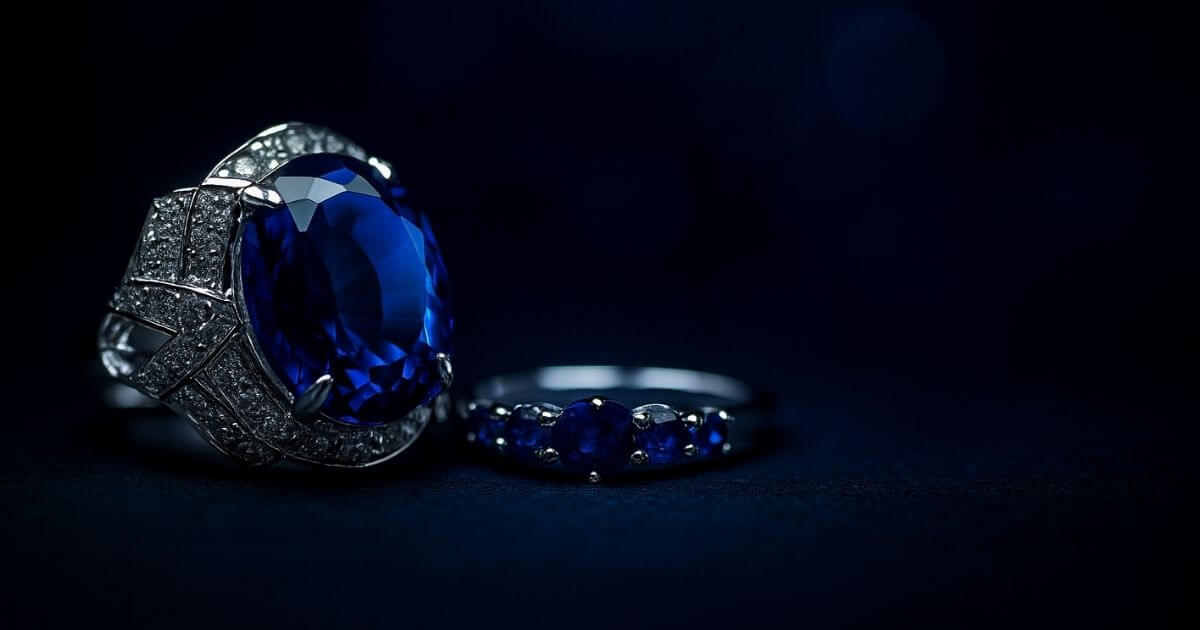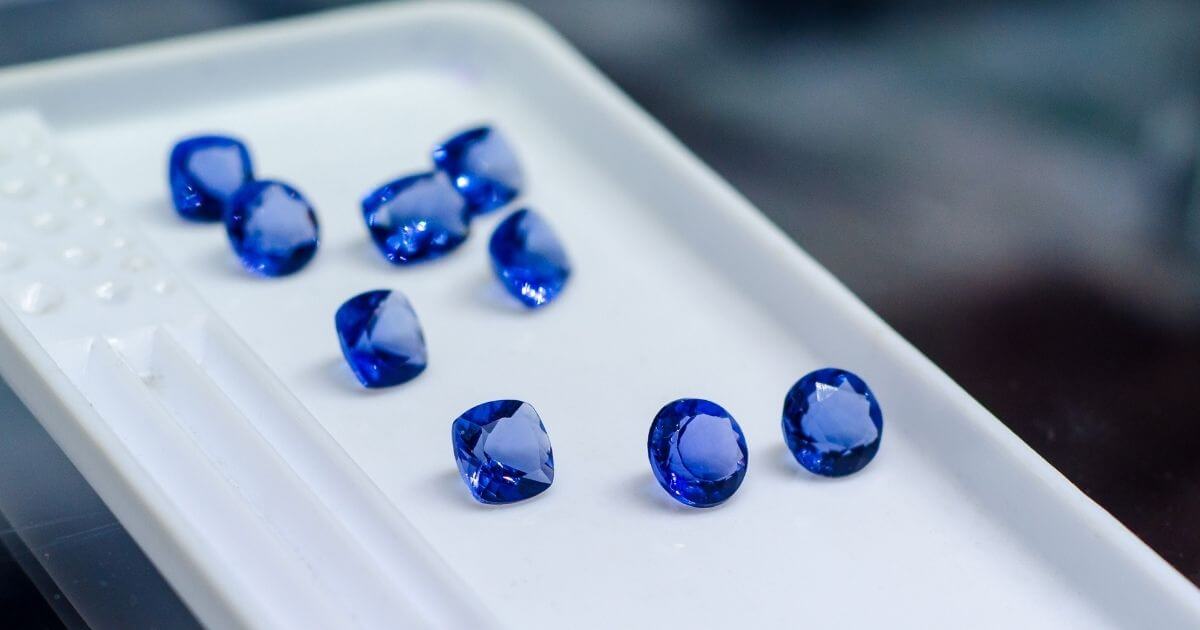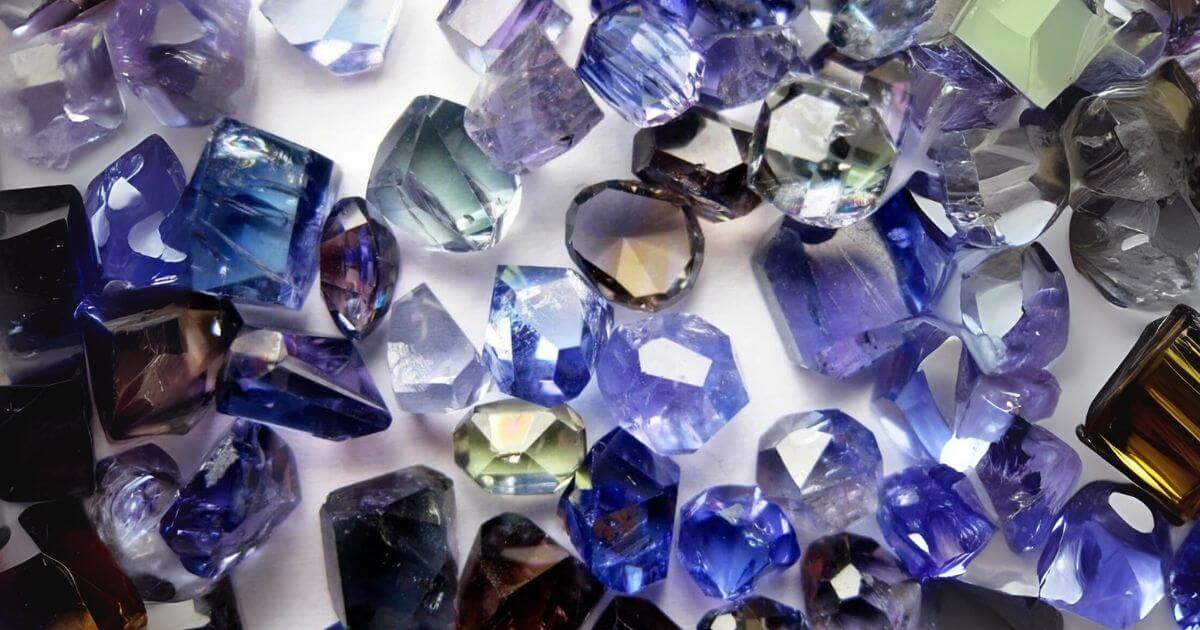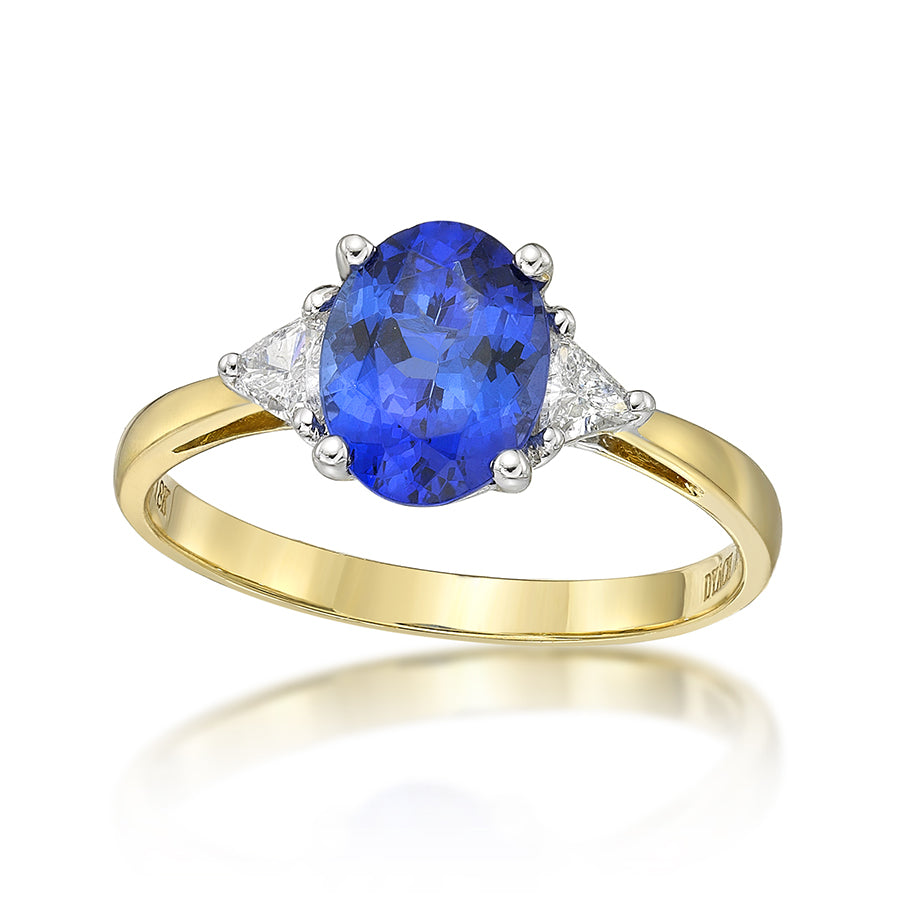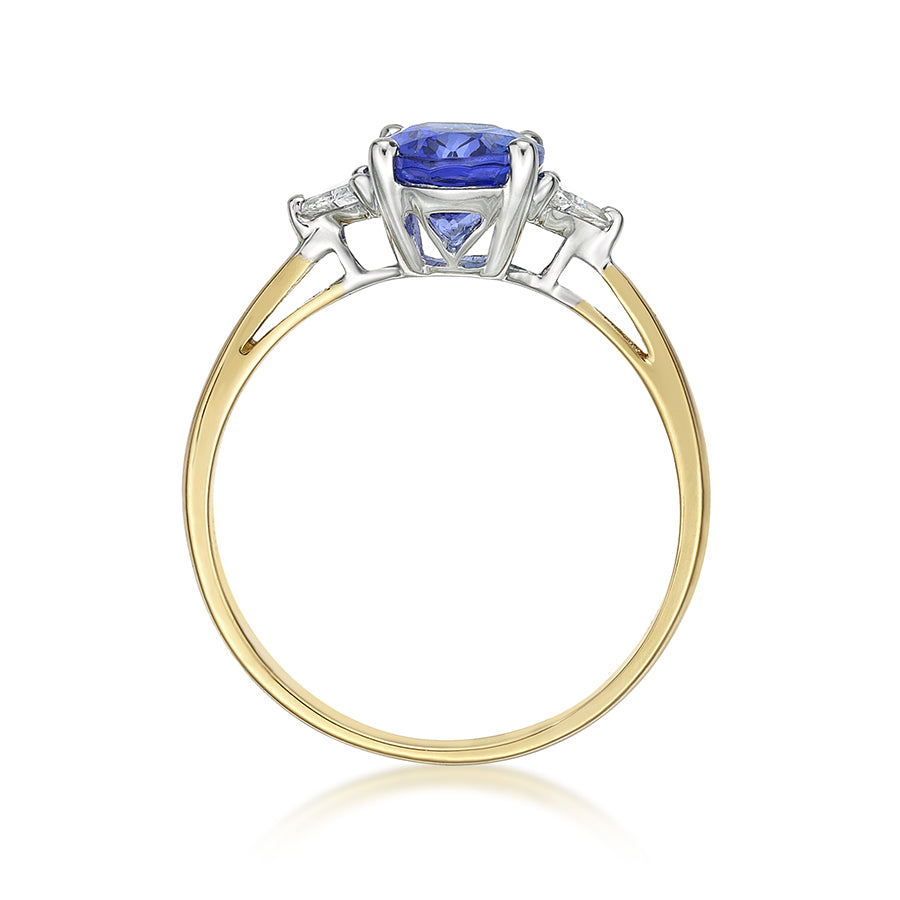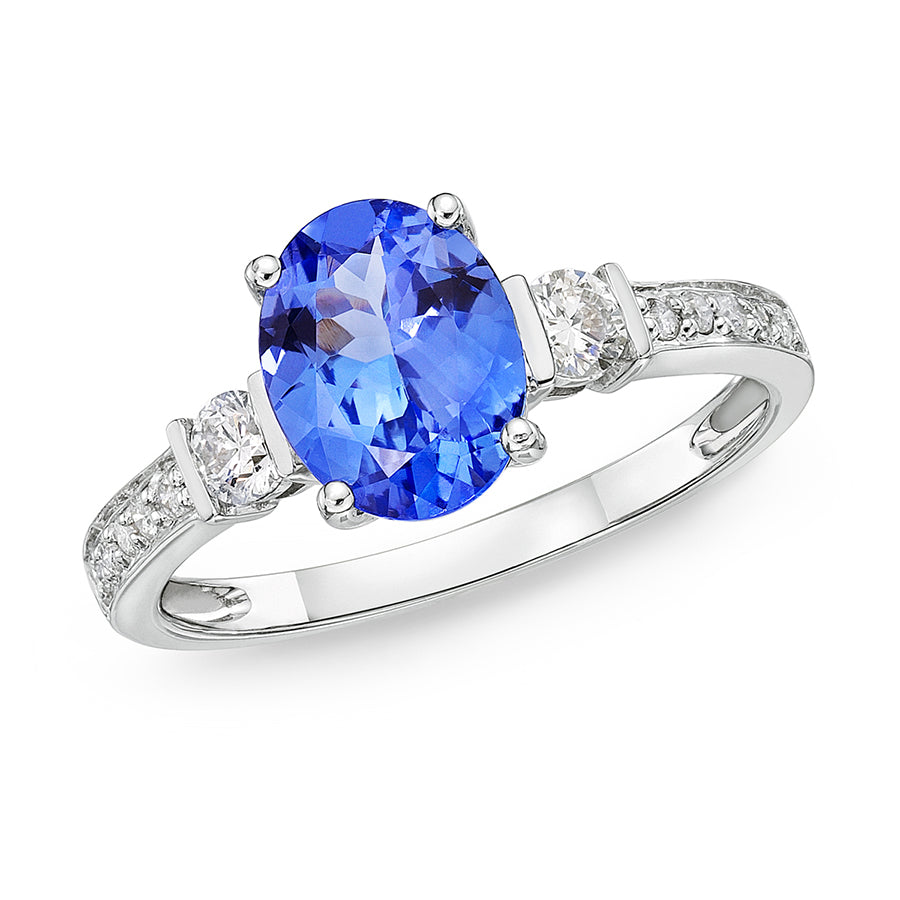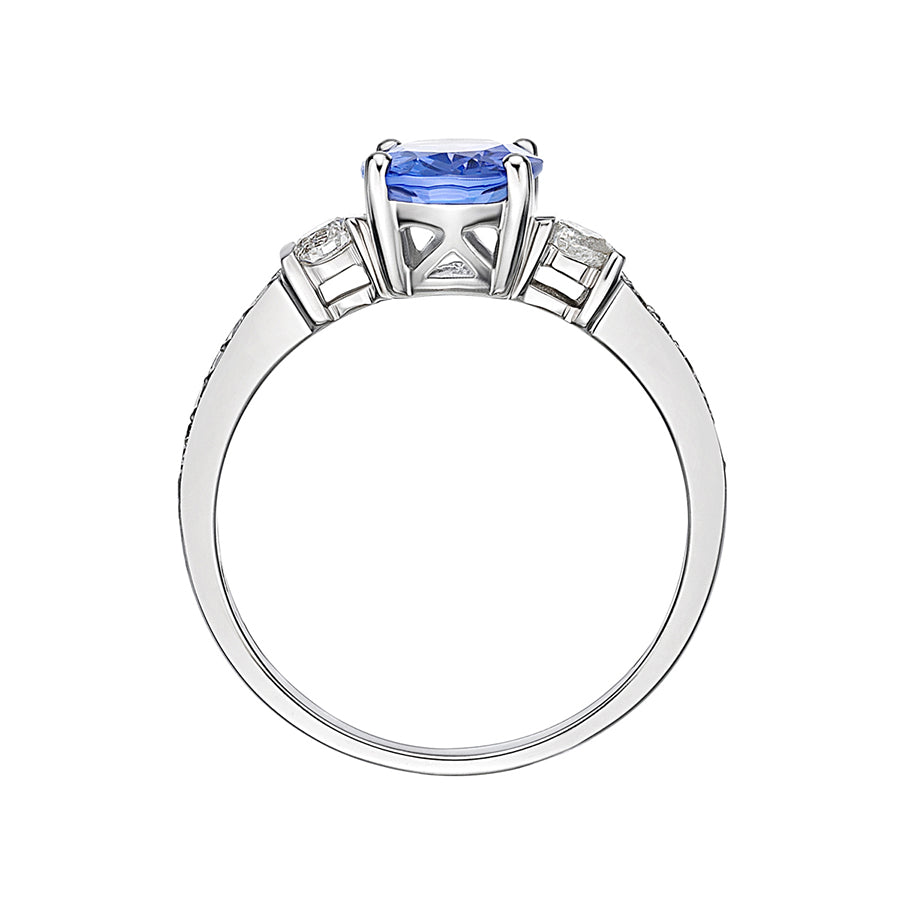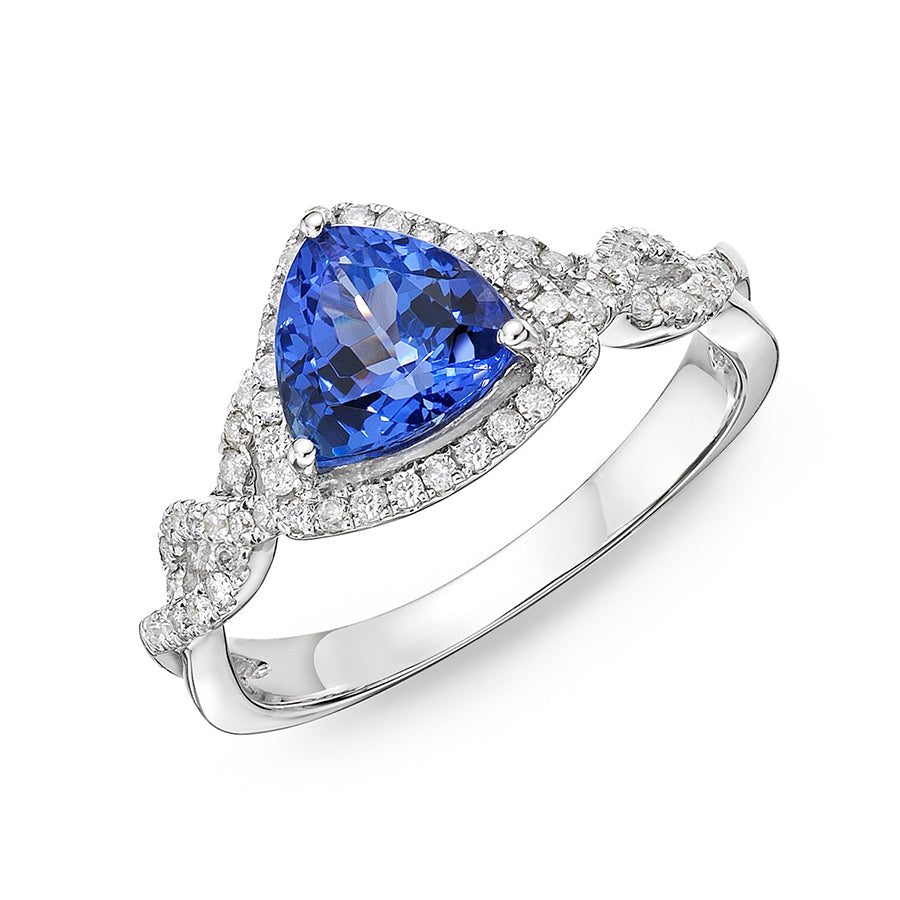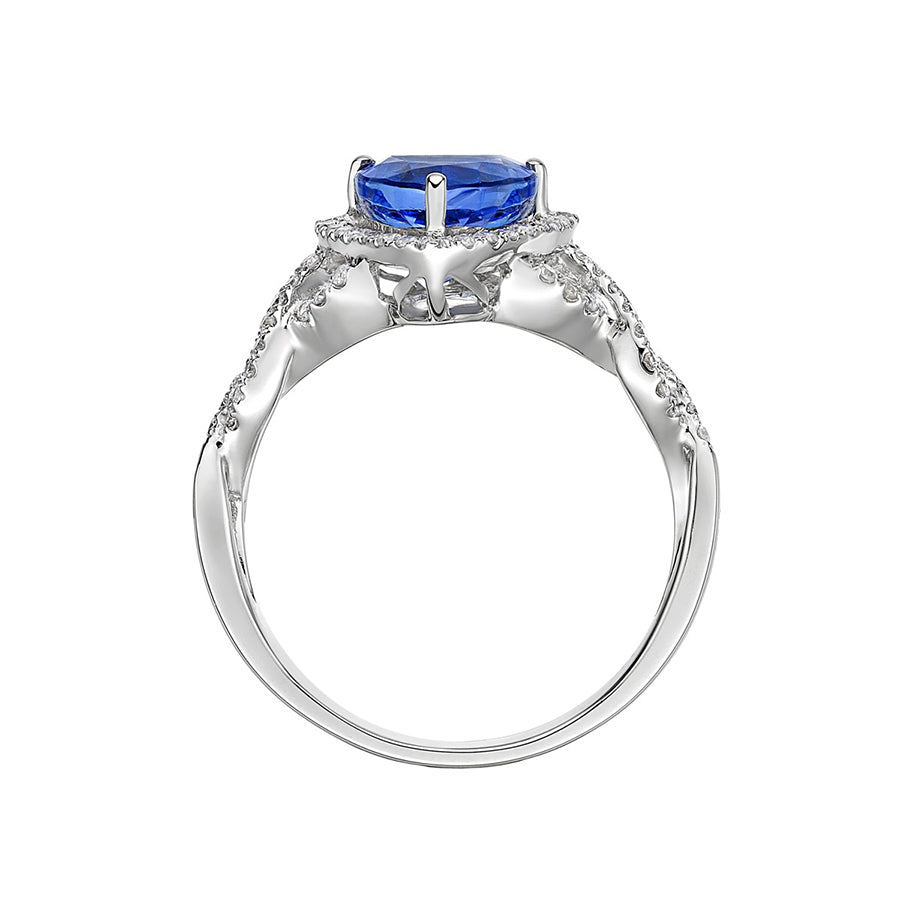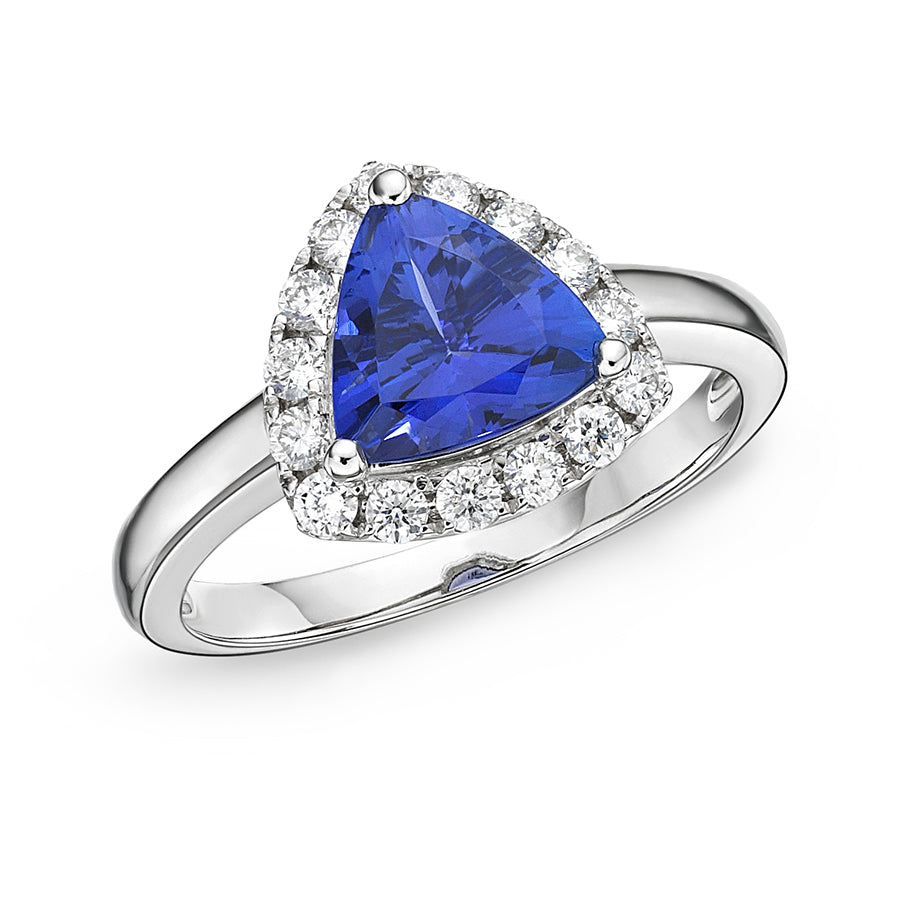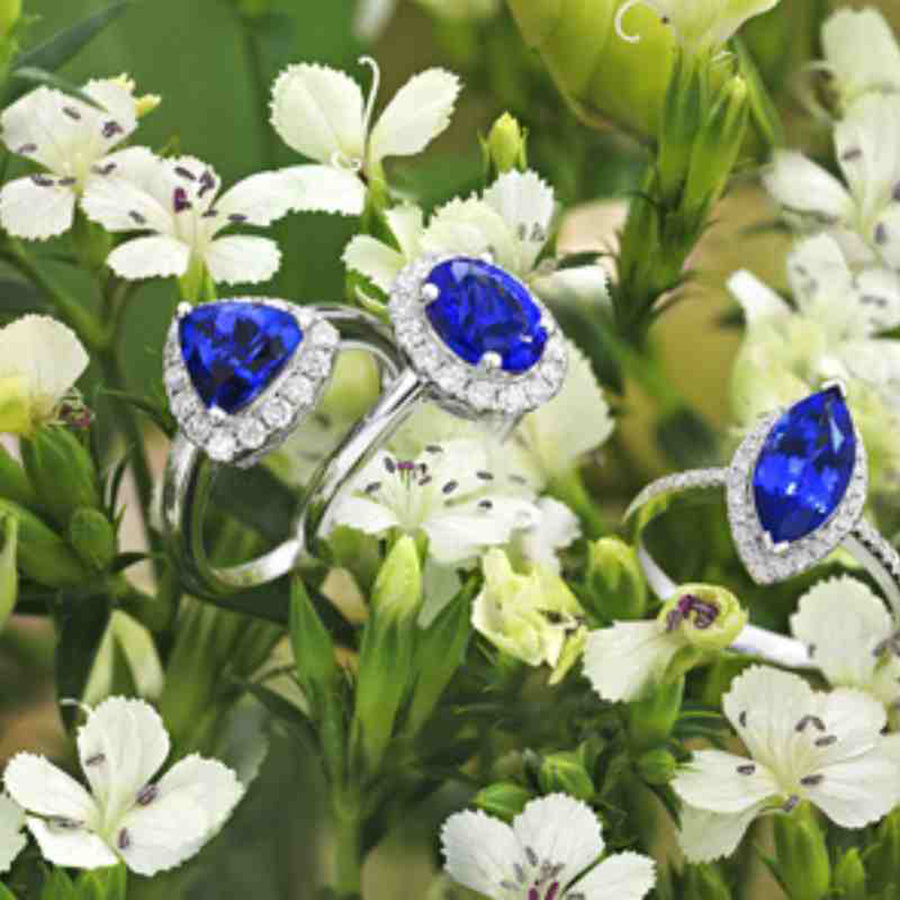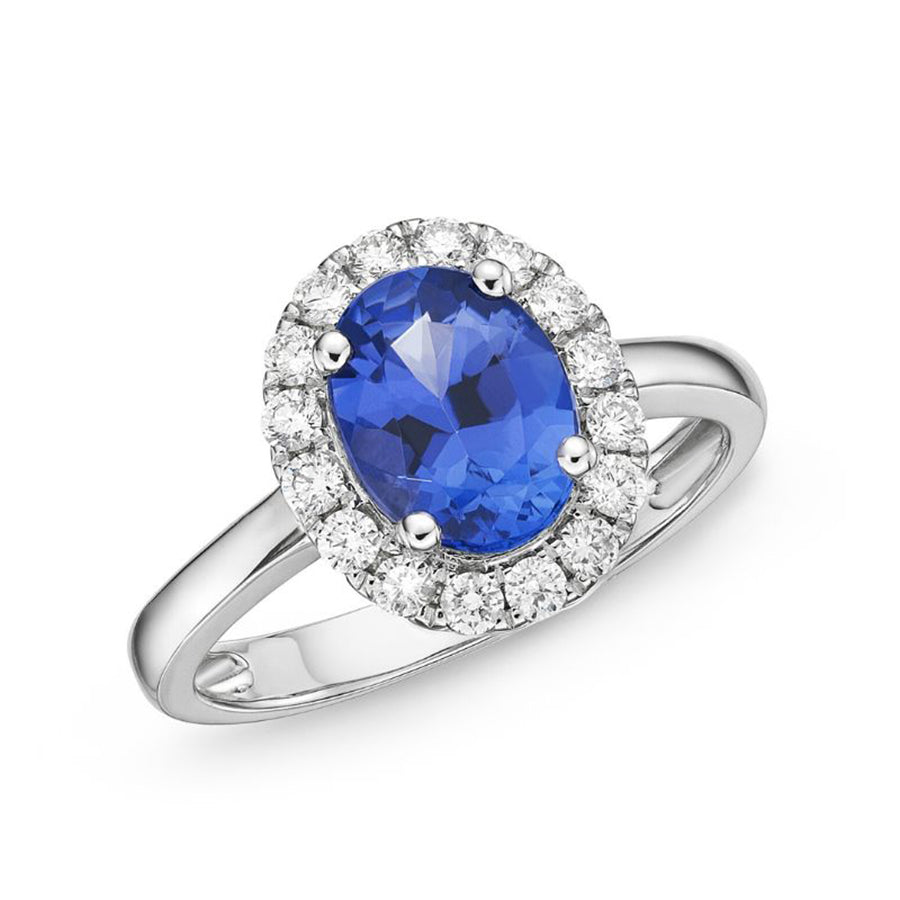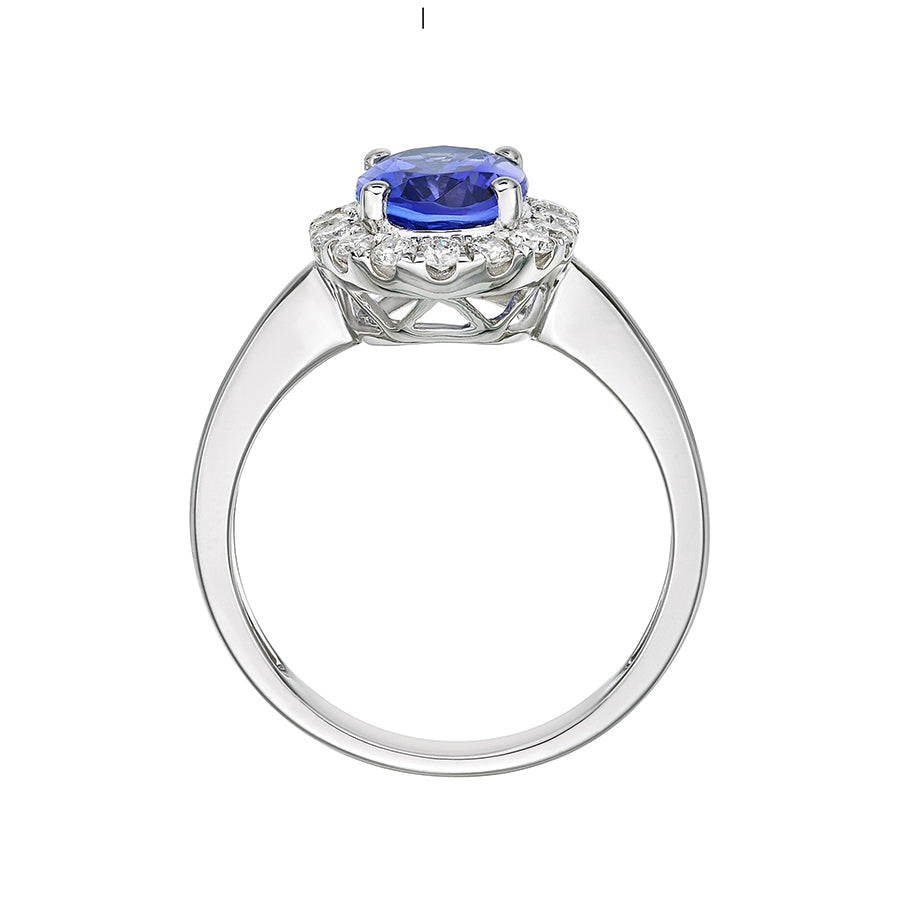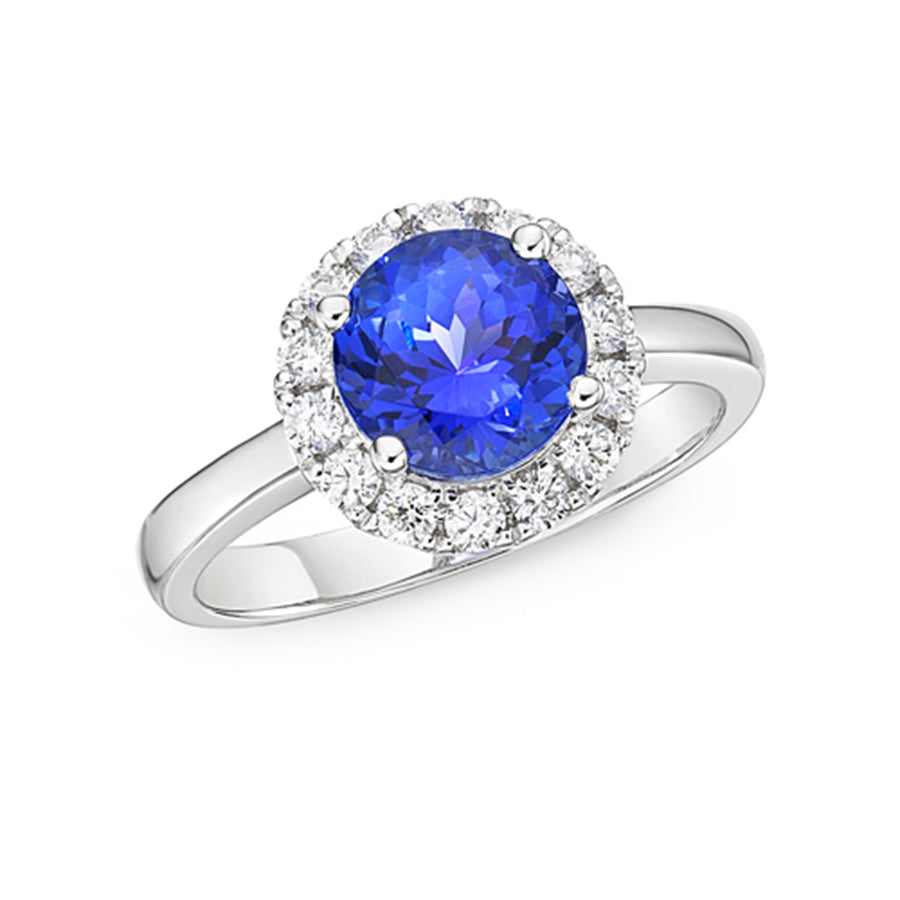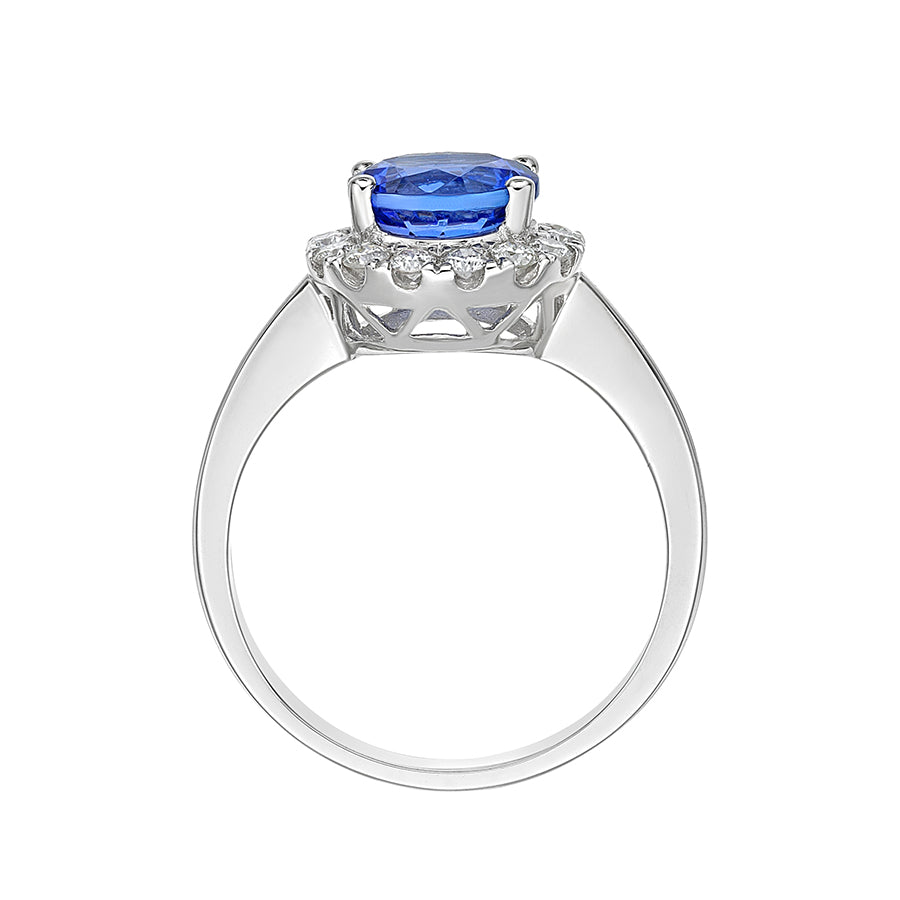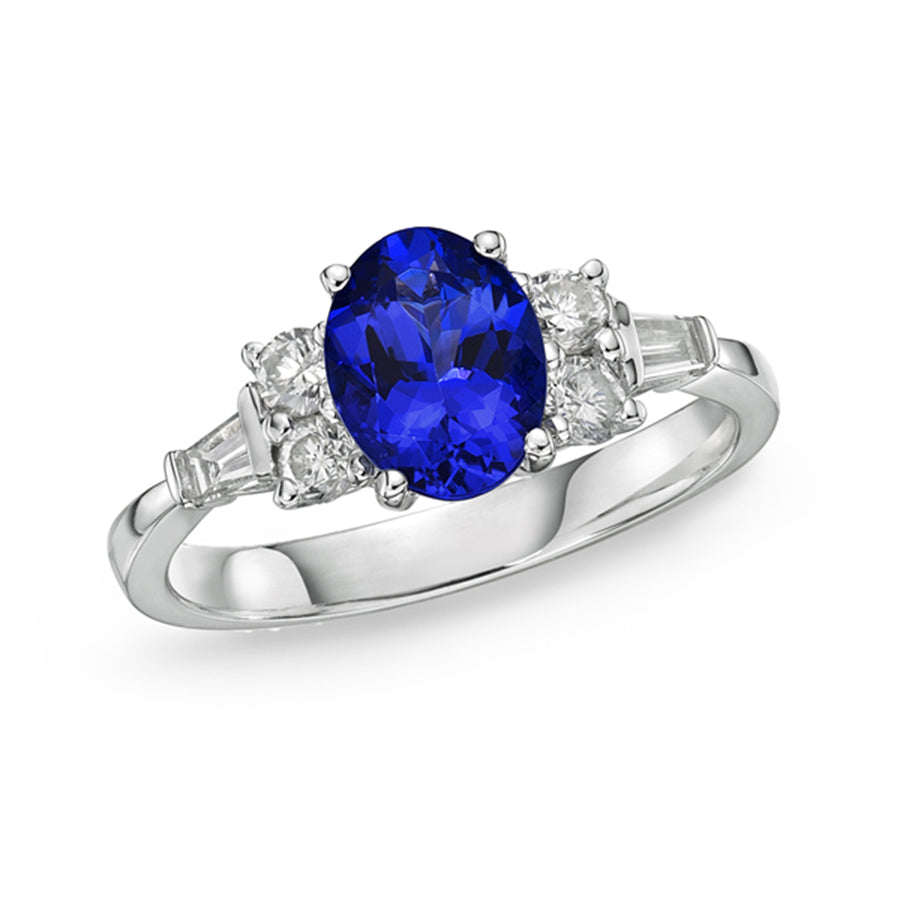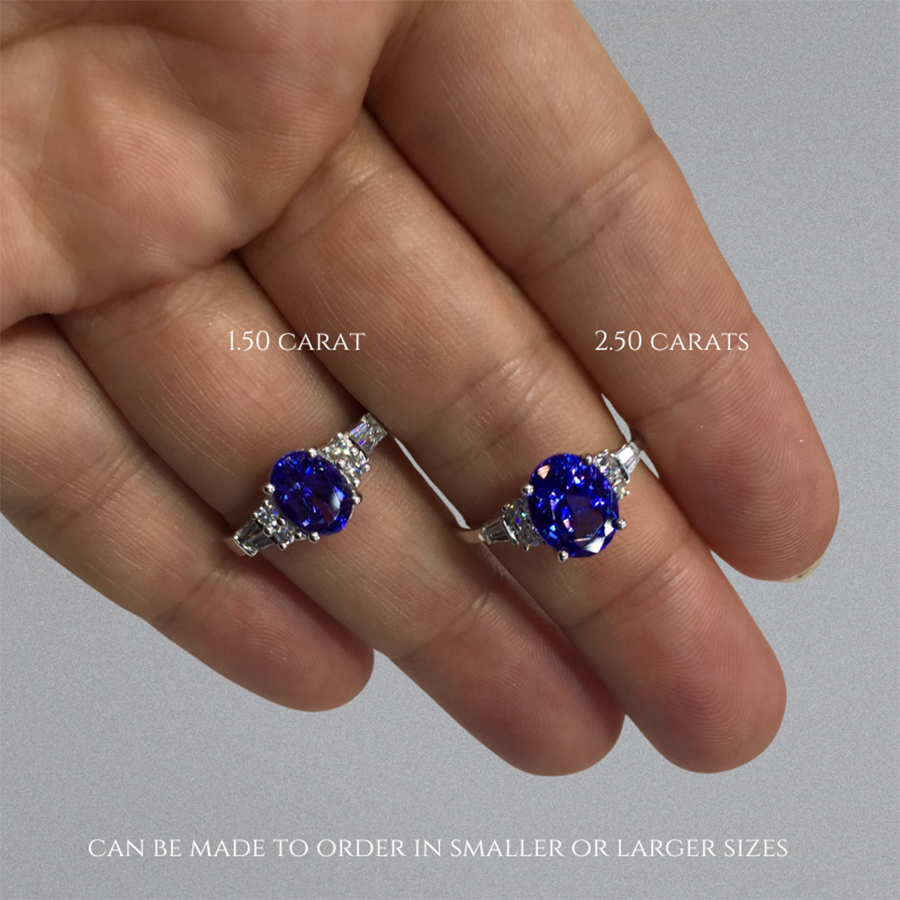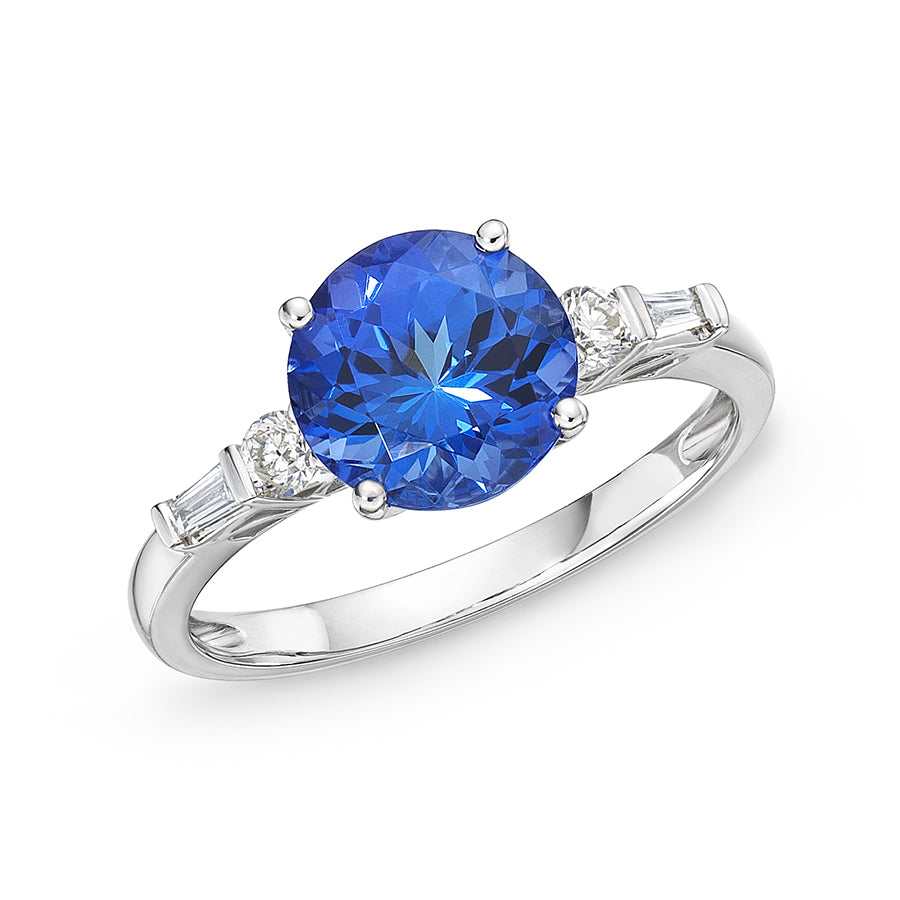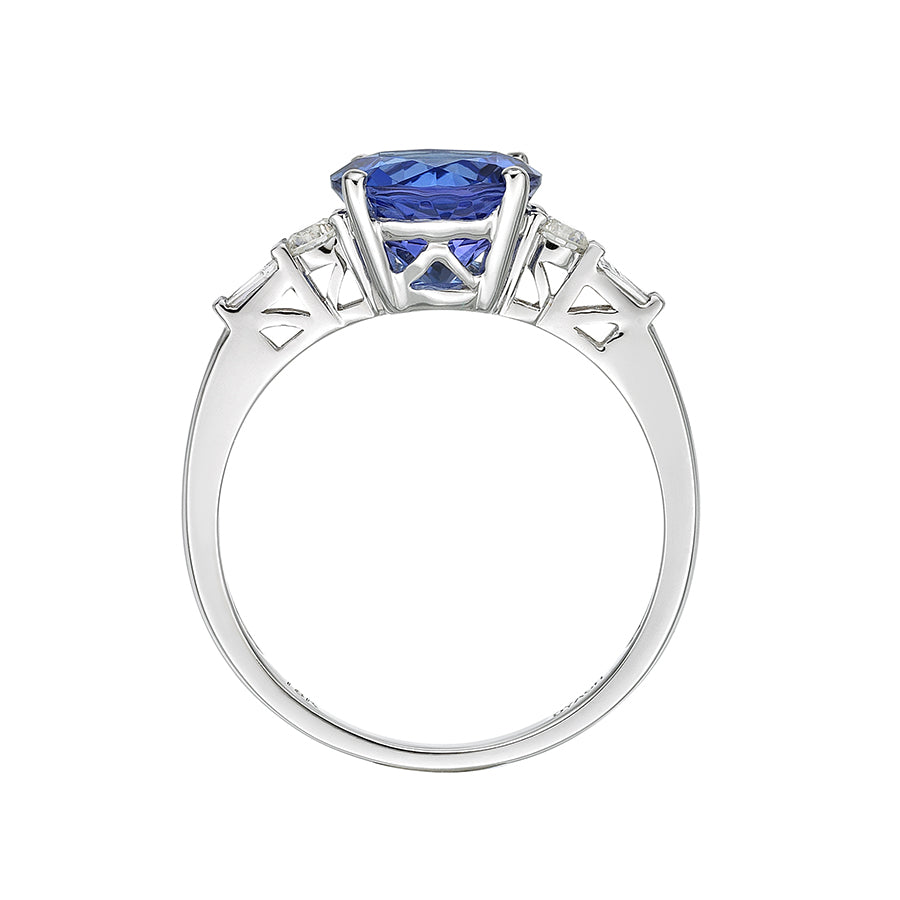How Hard is Tanzanite? Understanding Tanzanite’s Hardness and Care – Will My Ring Break?
Reading online articles can make you apprehensive about using tanzanite in jewelry, but what are the facts? Speaking as a gemologist with years of experience working with tanzanite, here’s what I can tell you.
Tanzanite ranks 6.5–7 on the Mohs hardness scale, making it relatively soft—similar to emerald, but less brittle. For comparison, diamond scores 10, while sapphire and ruby score 9.
Yes, tanzanite should be treated with care, but it’s not as fragile as you might think, and it’s still ideal for jewelry. Tanzanite works beautifully in earrings, pendants, and dress rings. For engagement rings, consider your lifestyle: if you’re very active or “a ring basher” in general, then the best thing to do is choose a protective setting. I've known many people who wear tanzanite engagement rings successfully for years, though some stones may require occasional repolishing—just like any colored gem worn daily.
Smart Designs Help
Designs that use a diamond halos are a good way to minimize bumps in general.
For hands-on individuals, consider a bezel setting, originally used in medieval armor, which provides extra protection. If you choose a tanzanite engagement ring, ensure the setting safeguards the stone. Protective prongs on pear-shaped stones or a bezel setting are excellent examples of smart, durable design. Diamond halos on rings are also a good way to minimize bumps.
(Pictured: Bezel-set earrings)

One important characteristic of tanzanite is its perfect cleavage, meaning it can split along specific planes if struck at the right angle. Think of it like splitting a log along the grain: while the material is hard, it can break easily along its natural lines. For this reason, it is not recommended to use an ultrasonic cleaner to clean your tanzanite ring.
With proper care, tanzanite can remain a stunning and lasting part of your jewelry collection for years to come.
